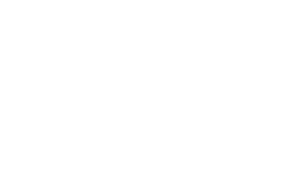Former UBS and Citigroup trader charged over Libor
- Published

These are the SFO's first criminal charges related to Libor.
Former UBS and Citigroup trader Tom Hayes has been charged by the Serious Fraud Office (SFO) in connection with its investigation into the manipulation of Libor.
Mr Hayes, 33, has been charged with eight counts of conspiracy to defraud, and will appear before Westminster Magistrates' Court on Thursday.
These are the SFO's first criminal charges related to Libor.
Mr Hayes, who is a British citizen, has previously denied any wrongdoing.
He was arrested by police and the SFO last year alongside two other traders.
"[Mr Hayes] attended Bishopsgate police station this morning where he was charged by City of London Police with eight counts of fraud," the SFO said in a statement., external
Mr Hayes joined UBS in Tokyo in 2006 when he was 27, and traded yen-denominated products linked to Libor.
In late 2009, Mr Hayes left UBS to join Citigroup where he worked for less than a year.
It is unclear when the alleged offences took place.
Late last year US prosecutors charged Mr Hayes over the rigging of the Libor rate.
At the time, US Assistant Attorney General Lanny Breuer said that the US would seek the extradition of Mr Hayes to face the charges.
Authorities in the US, Asia and the UK are racing to secure convictions for firms and individuals that they believe manipulated the key benchmark Libor rate.
The Libor rate is used to set trillions of dollars of financial contracts, including many car loans and mortgages, as well as complex financial transactions around the world.
Last year, Barclays was fined £290m ($454m) by British and US regulators for manipulation of Libor and Euribor interbank rates between 2005 and 2009.
Several other banks have also been implicated in the scandal. They were found to have colluded in fixing the Libor rate in order to boost the profits of traders prior to the financial crisis.
Individual banks were also found to have understated their submissions in the period during and after the crisis, in order to avoid the perception that they were having to borrow at higher interest rates than their peers and might therefore be in financial difficulty.
Last week, The British Bankers' Association (BBA), which compiles Libor submissions, said it would change how the interest rate is set, in order to avoid a repeat of last year's rigging scandal.
From 1 July, publication of banks' individual submissions will be embargoed for three months to avoid "manipulation", the BBA said.
- Published14 June 2013
- Published12 June 2013
- Published6 June 2013